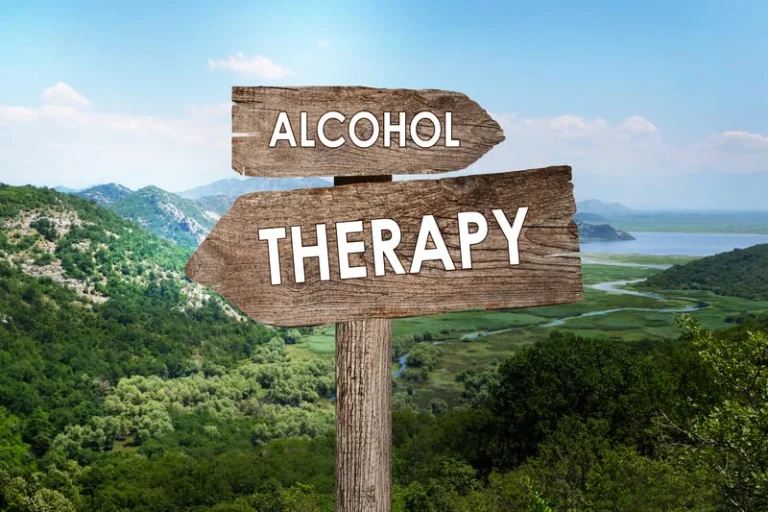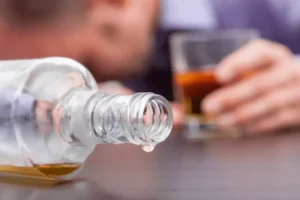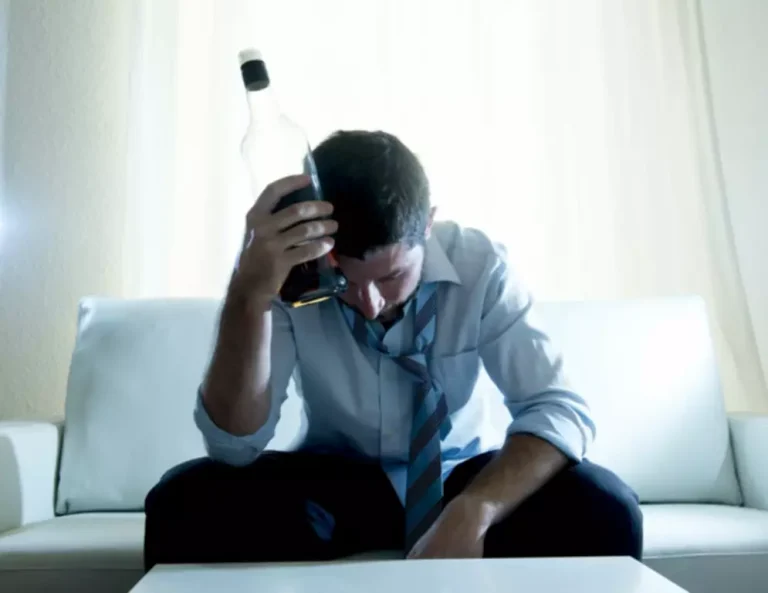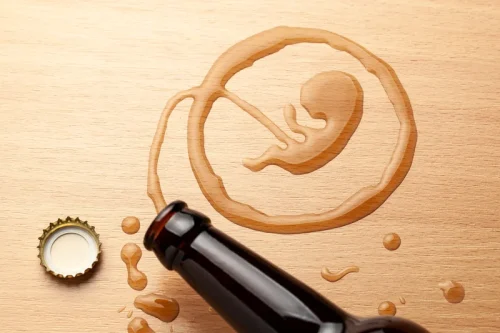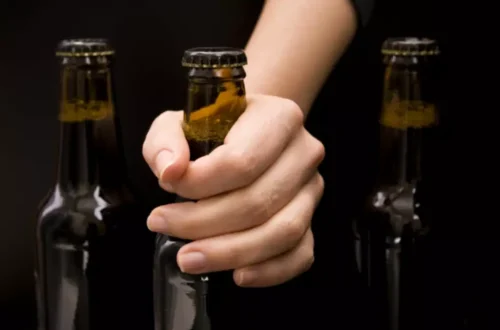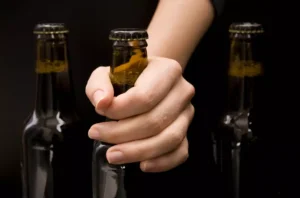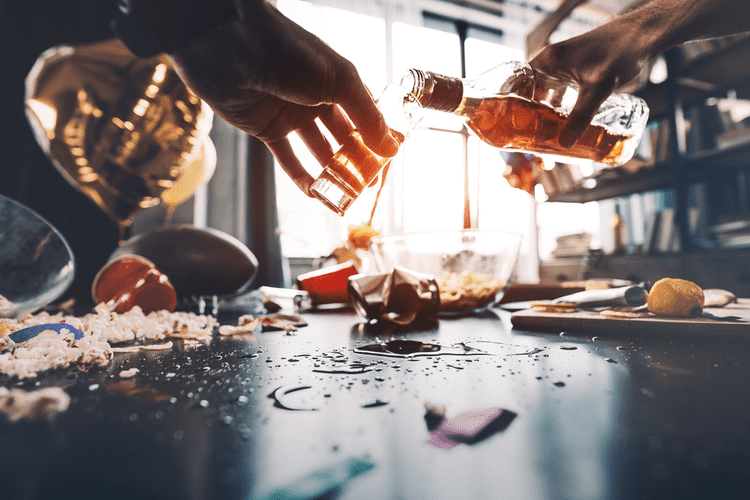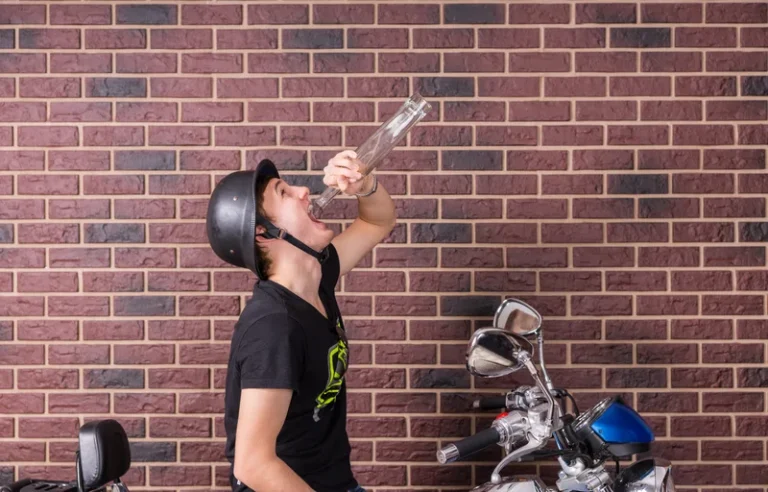
Understanding the effects of alcohol abuse versus alcoholism is crucial in recognizing the severity and implications of each condition. Alcohol abuse, often considered a precursor to alcoholism, can lead to significant negative consequences in an individual’s life without the presence of physical dependence. These may include drinking in higher amounts or for longer periods than intended, unsuccessful attempts to control consumption, and continued drinking despite social, legal, or health problems.
Why Do Celebs – Such as Tom Holland, John Mayer and Cara Delevingne – Choose to Quit Drinking?

The effects felt after one or two drinks won’t be noticeable until six or seven. While the two may seem very similar (and they are), they do have some differences. Regardless of whether someone abuses alcohol or has crossed the line into alcohol addiction, there is help available for anyone who struggles with alcohol.
Medications
Ultimately, the effectiveness of alcohol abuse treatments is influenced by various factors, including treatment duration, the severity of the https://ecosoberhouse.com/article/alcohol-and-aging-does-alcohol-make-you-look-older/ abuse, and individual engagement with the treatment process. It’s clear that while there is no one-size-fits-all solution, a combination of evidence-based practices offers the best chance for successful recovery. Understanding the risk factors, such as genetics, environmental influences, and the age at which one starts drinking, is crucial for prevention and treatment. The FDA has approved medications like naltrexone, acamprosate, and disulfiram to help manage AUD.
Treatments

Mutual-help groups also can be effective elements of treatment for co-occurring AUD and depressive disorders. Your doctor may screen you for this condition by asking you questions about your drinking habits, including how much and how often you drink and whether or not you feel drinking alcohol has interfered with your life negatively. They may also perform a physical exam to assess whether your alcohol consumption is detrimentally affecting your health. “Alcoholism,” on the other hand, is a term used colloquially to describe alcohol dependence, or a physical reliance on alcohol that can cause withdrawal symptoms when you try to quit (1). But as of 2013, alcoholism is no longer considered a diagnostic term used by medical professionals (2).

As alcohol abuse and alcoholism differ, so do the right treatment options for people with these conditions. One limitation is that the study was cross-sectional, meaning it only provides a snapshot of participants’ experiences at one point in time. As a result, it cannot establish a causal relationship between early life stress and later inflammation or emotional challenges. Future research could address this by following individuals over time to understand how early life stress impacts the development of alcohol use disorder and related symptoms. The what is the difference between alcohol abuse and alcoholism main difference between AUD and alcoholism is clinical terminology and diagnosis. A doctor won’t diagnose you with alcoholism, but you may hear this term used in non-clinical settings to describe the symptoms and effects of alcohol use disorder.
- Recent advancements in understanding the molecular targets for alcohol use disorder (AUD) have led to the development of innovative pharmacological treatments.
- This means they can be especially helpful to individuals at risk for relapse to drinking.
- A better understanding of the heterogeneity within this population will inform more personalized treatment approaches and might ultimately improve treatment response.
- It was written based on peer-reviewed medical research, reviewed by medical and/or clinical experts, and provides objective information on the disease and treatment of addiction (substance use disorders).
Addiction Questions?

These two terms were once used interchangeably, but this changed in 2013, when the DSM-5 recognized AUD as the official diagnosable condition. A person can change their alcohol abuse patterns through therapy and willpower, and a mindful, intentional change in drinking habits. The first step is always to see your doctor about your struggles and learn what they recommend depending on how severe the alcohol use is. Even occasional binge drinking can be detrimental enough to affect one’s personal and professional life. Binge drinking a few nights a month can cause significant consequences, such as legal issues and declining health.
- Symptoms include a strong craving for alcohol, continued use despite recurrent problems resulting from drinking, and the development of tolerance or withdrawal symptoms.
- People who have a dependence on alcohol exhibit some or all of the following characteristics.
- This was not observed in the moderate or no-stress groups, suggesting that more severe childhood stress might be required to trigger an inflammatory response later in life.
- They may need accountability to reduce drinking and avoid developing an AUD.
- A person with alcoholism may drink every day, multiple times a day, may start their day with alcohol, end it with alcohol, and may not be able to go a day without drinking.
Health Conditions
Symptoms include a strong craving for alcohol, continued use despite recurrent problems resulting from drinking, and the development of tolerance or withdrawal symptoms. People with DSM-IV alcohol dependence are 3.7 times more likely to also have major depressive disorder, and 2.8 times more likely to have dysthymia, in the previous year. Among people in treatment for DSM-IV AUD, almost 33% met criteria for major depressive disorder in the past year, and 11% met criteria for dysthymia. However, major depressive disorder is the most common co-occurring disorder among people who have AUD, partly because it is among the most common disorders in the general population.


